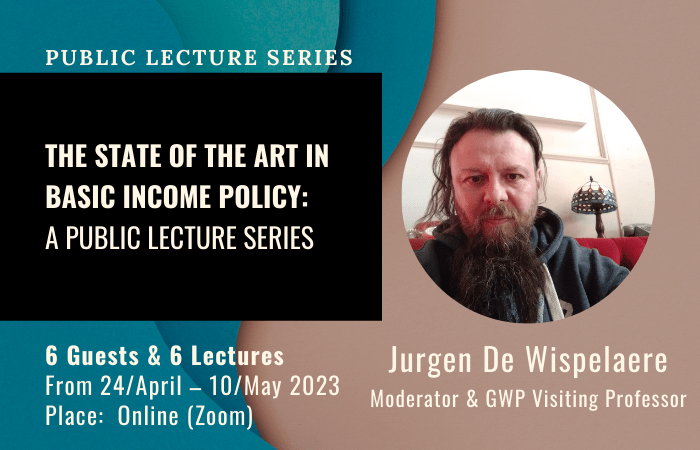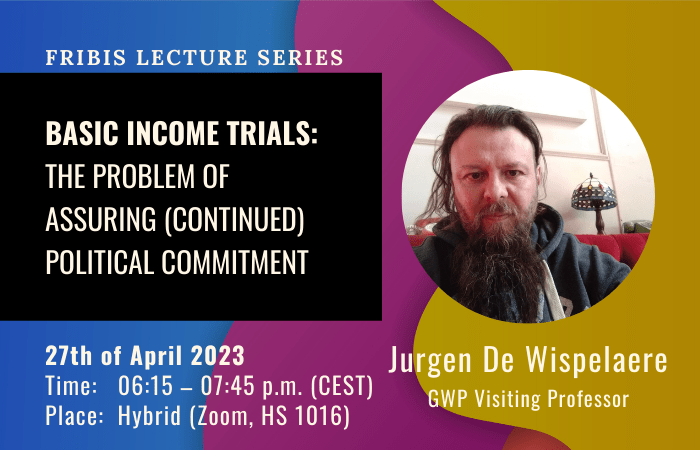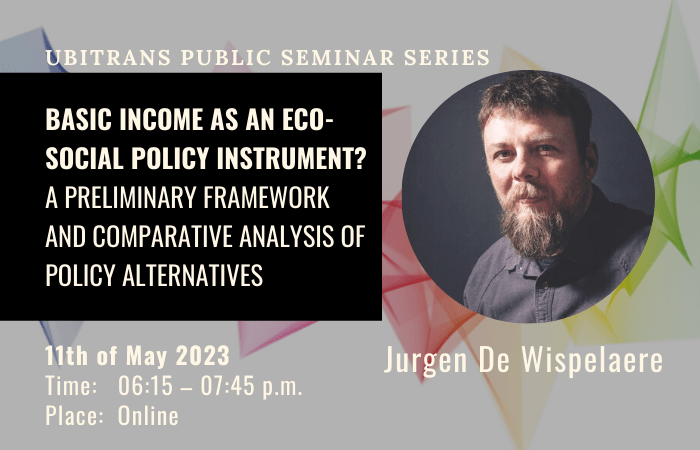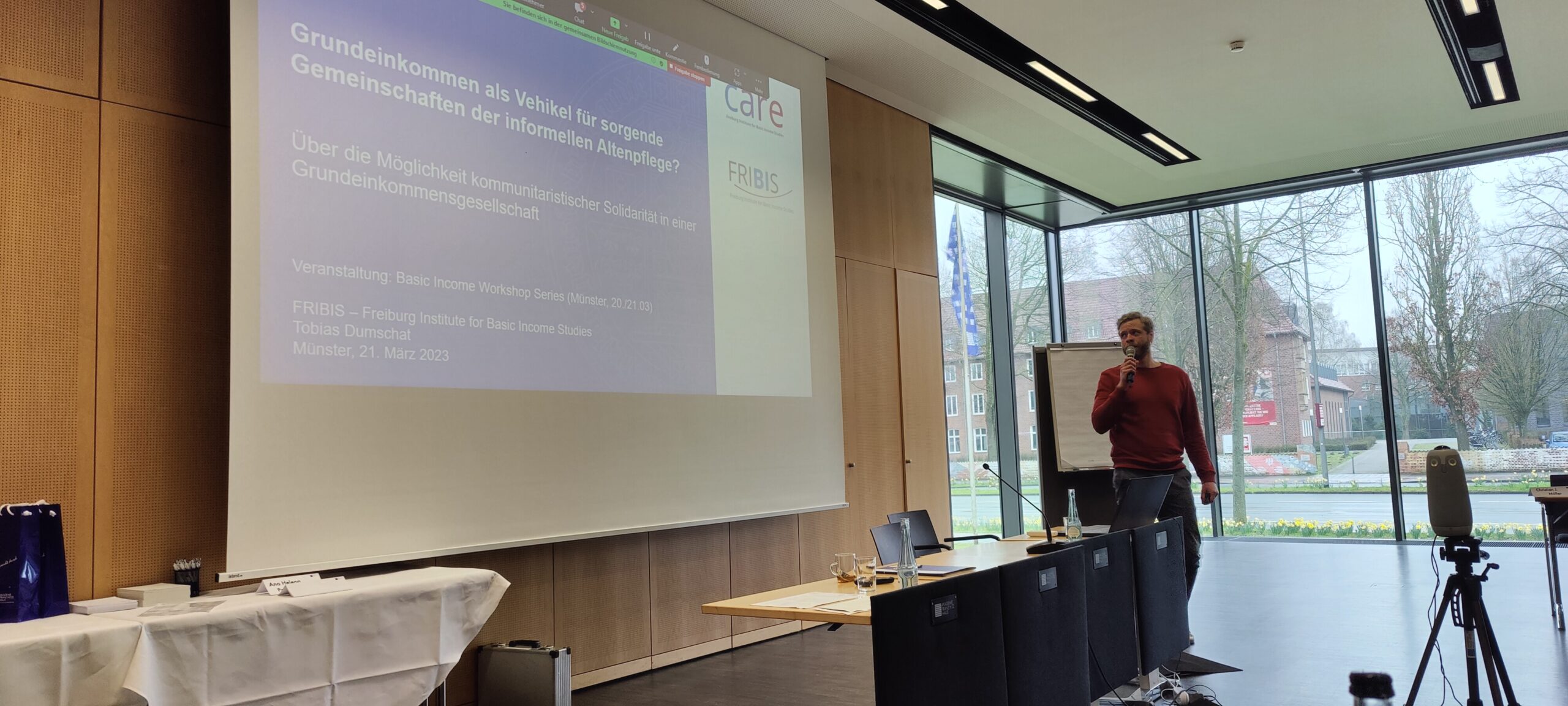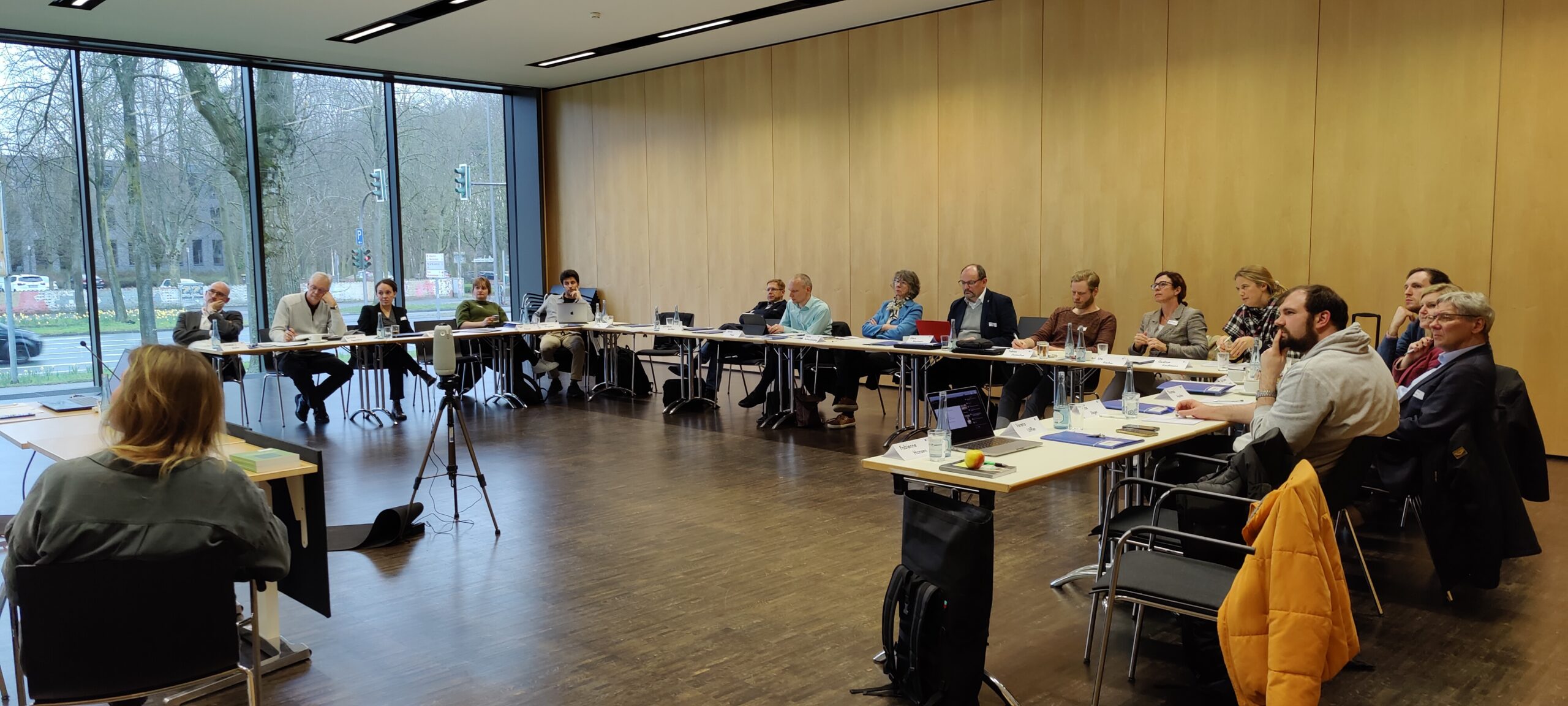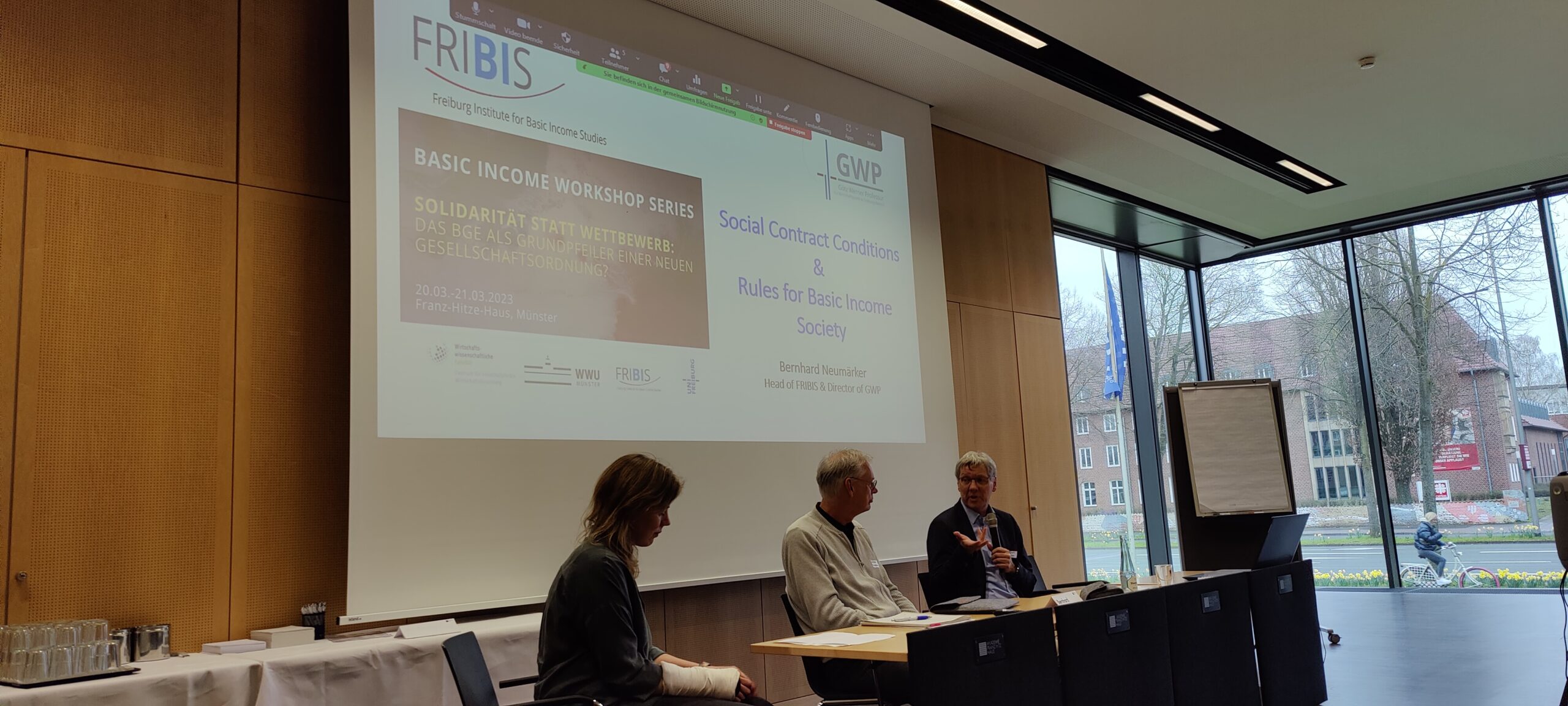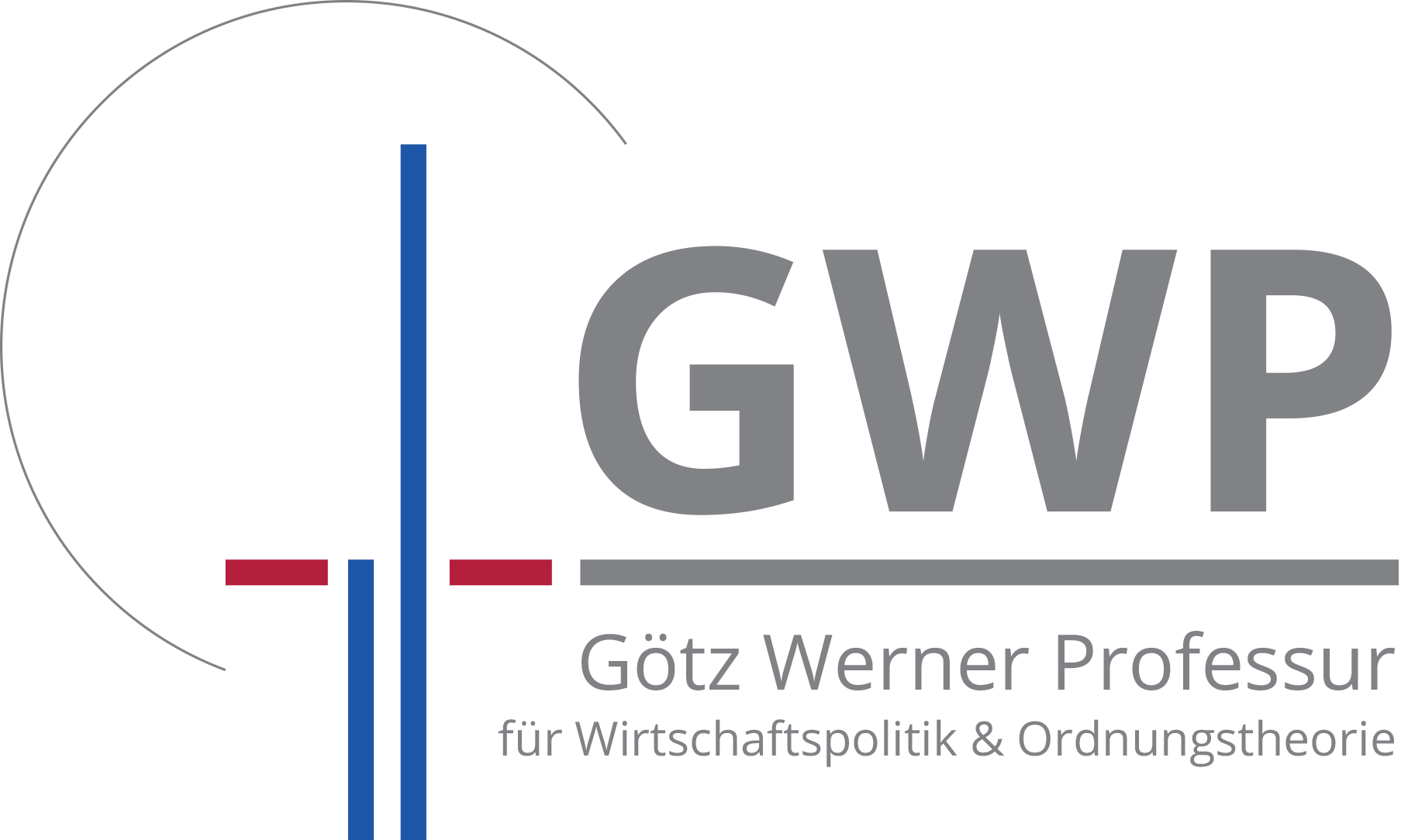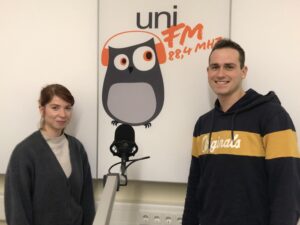Veröffentlichung von 6 Policy Papers anlässlich der FRIBIS Winter School mit Philippe Van Parijs
Zwischen 16. Und 20. Januar fand dieses Jahr die erste FRIBIS-Winter School statt, die unter dem Titel „Today’s global challenges and the UBI debate“ stand. Geleitet wurde sie von Philippe Van Parijs, der zu den führenden Grundeinkommensforschenden weltweit gehört. Jeder Tag der Winter School widmete sich jeweils einem anderen Schwerpunkt, wobei die übergeordnete Fragestellung gleich blieb: Werden die großen Herausforderungen der letzten Jahre – u. a. die Klimakrise, die Pandemie, internationale Spannungen und Konflikte, der Verlust der Biodiversität – dazu führen, dass das Thema Grundeinkommen auf die lange Bank geschoben wird oder im Gegenteil sogar stärker ins Zentrum des Diskurses rückt?
Zahlreiche Teilnehmende der Winter School haben die vergangenen Monate zum Anlass genommen, die Veranstaltung Revue passieren lassen und eigene Überlegungen zu Themen rund um das BGE zu formulieren. Die Ergebnisse lassen sich nun in sechs jüngst veröffentlichten englischsprachigen Policy Papers nachlesen:
- Alina Plitman: Evidence of Laziness
- Joaquín Baliña, Fabienne Hansen, Tobias Jaeger and Jeeeun Jang: Global imbalances and Universal Basic Income: Thoughts on inequality and „Real Freedom for All“
- Lida Kuang, Ji-eun Lee: European Social Protection Trends and Proposals for Basic Income in the Post-COVID-19 Era: A Focus on Social Exclusion
- Franziska Leopold, Bianca Blum, Larissa Walter: Tax-financed Basic Income – Comparison between three financing schemes and their normative implications
- Dominik Schröder, Clem Davies: Some regulatory foundations of UBI in Germany
- Jessica Schulz & Simon März: Lifelong Learning. Education as an economic factor of Universal Basic Income
